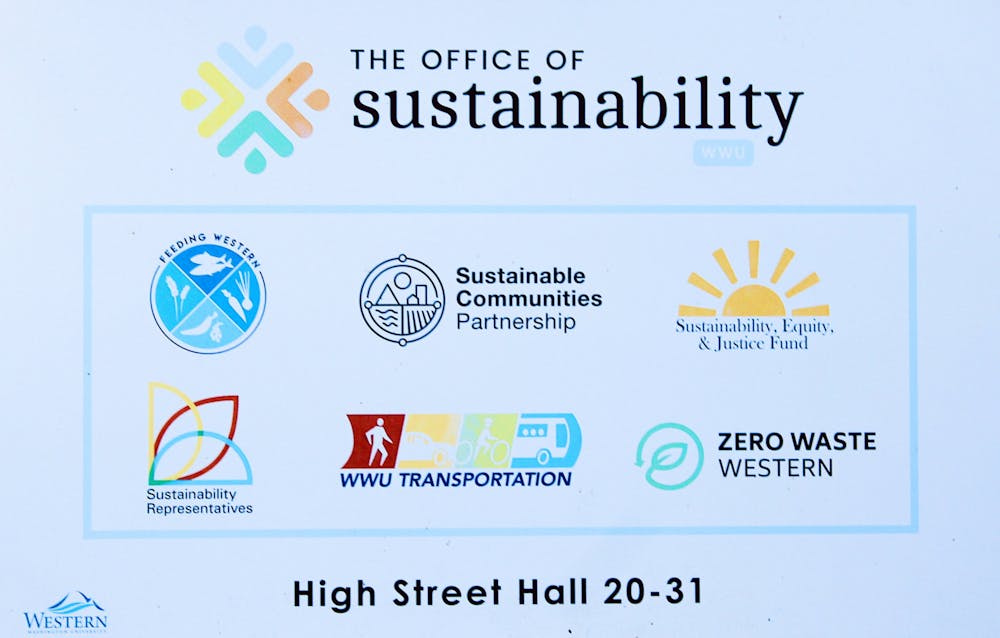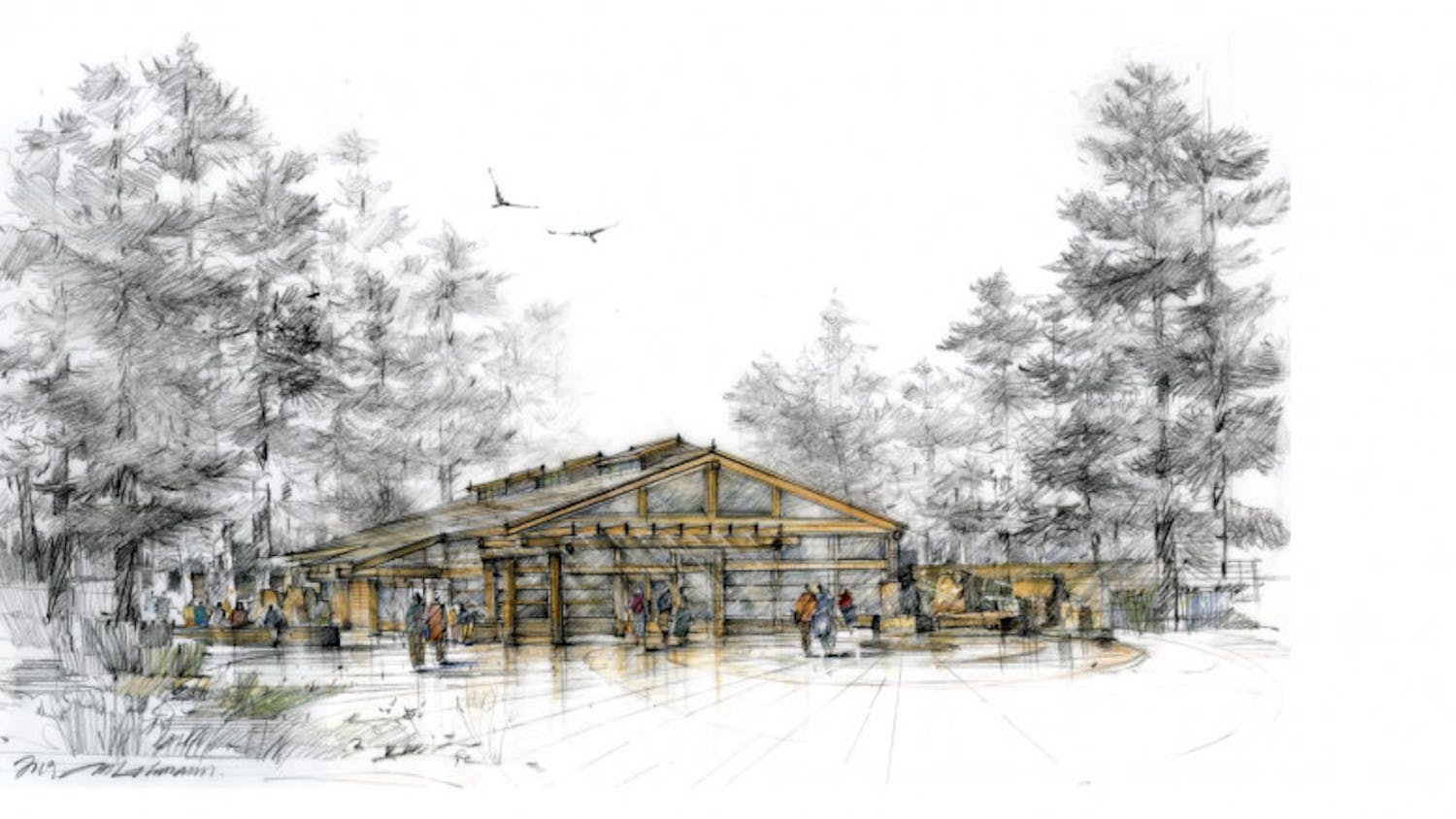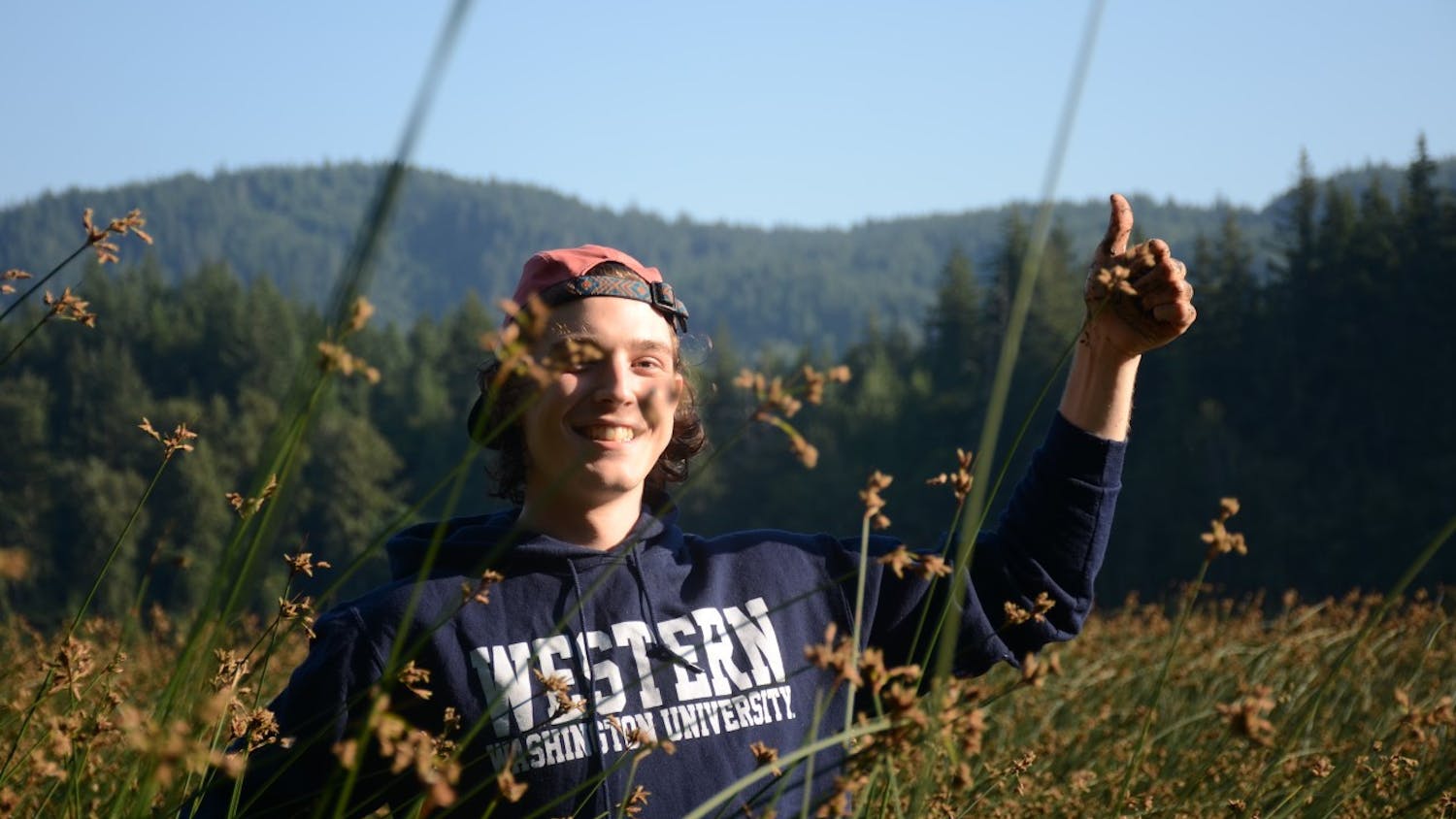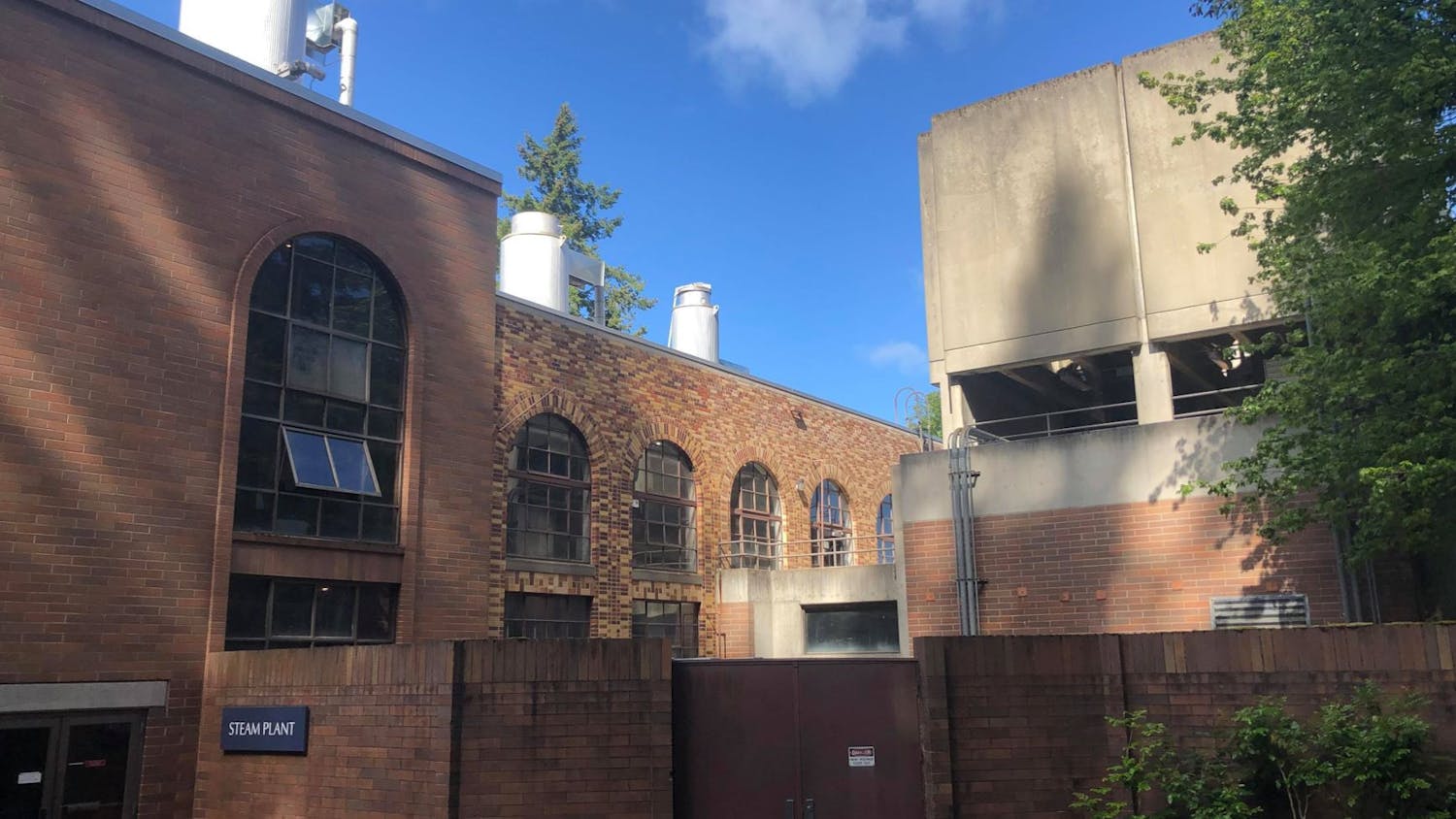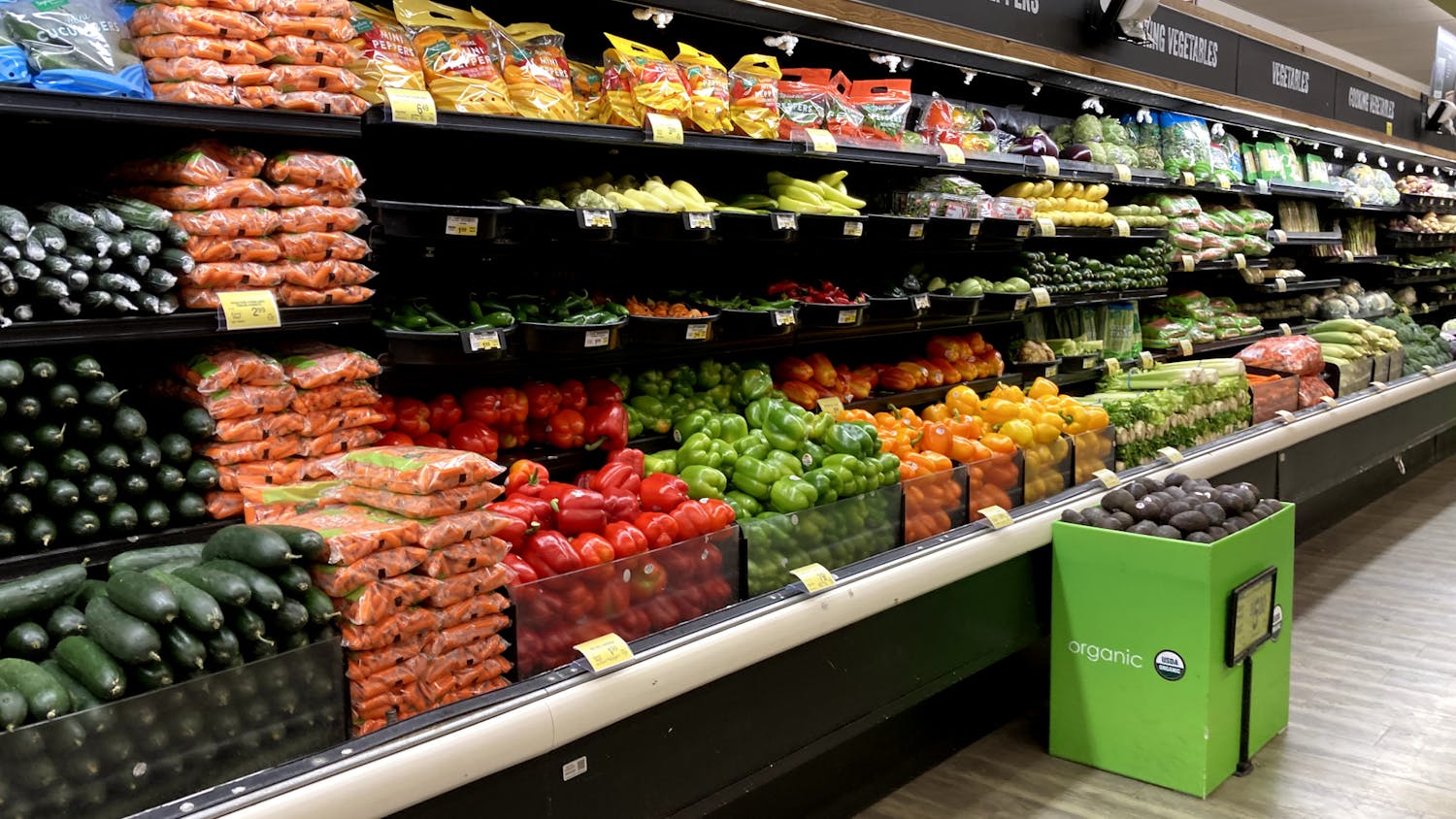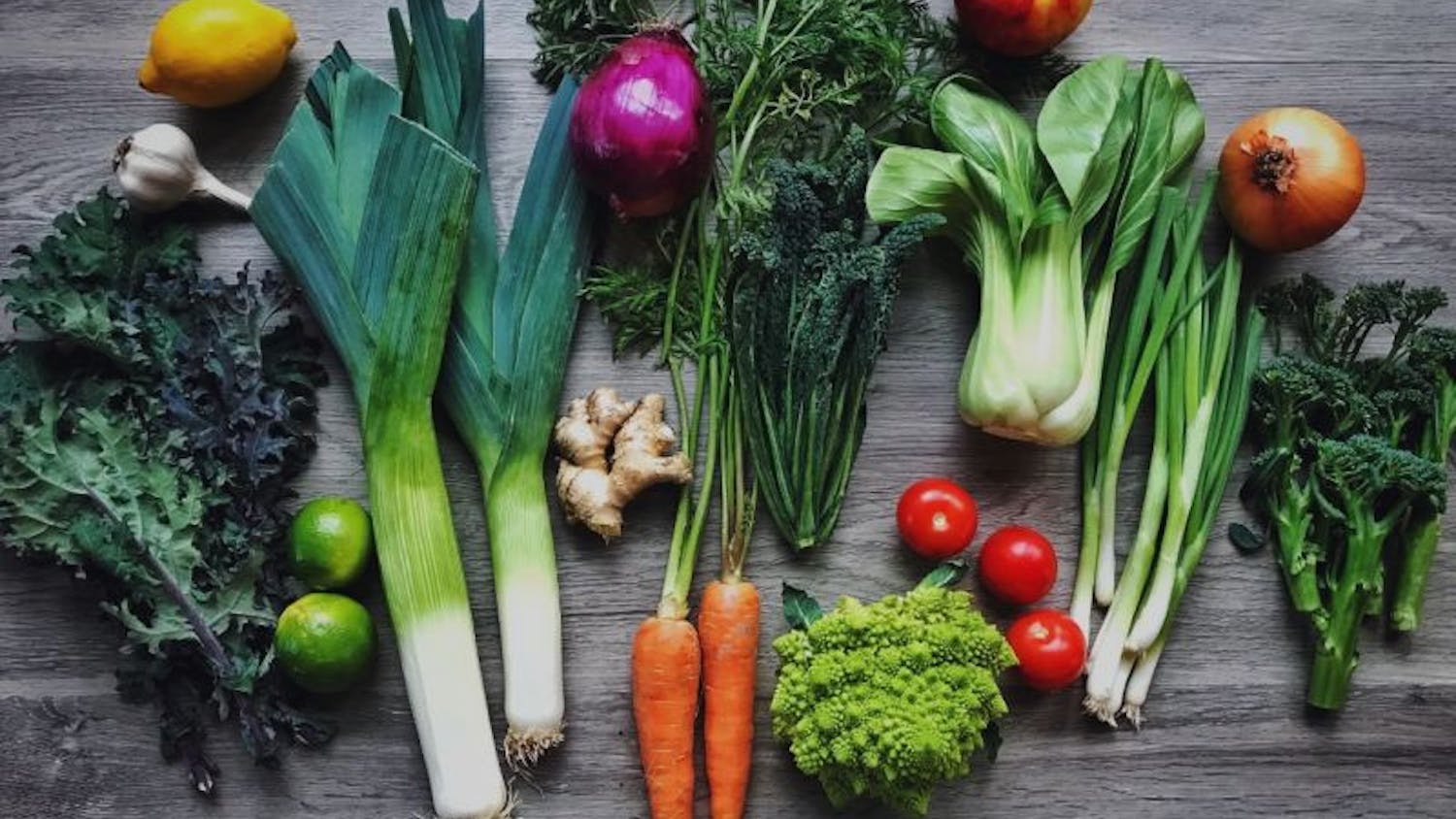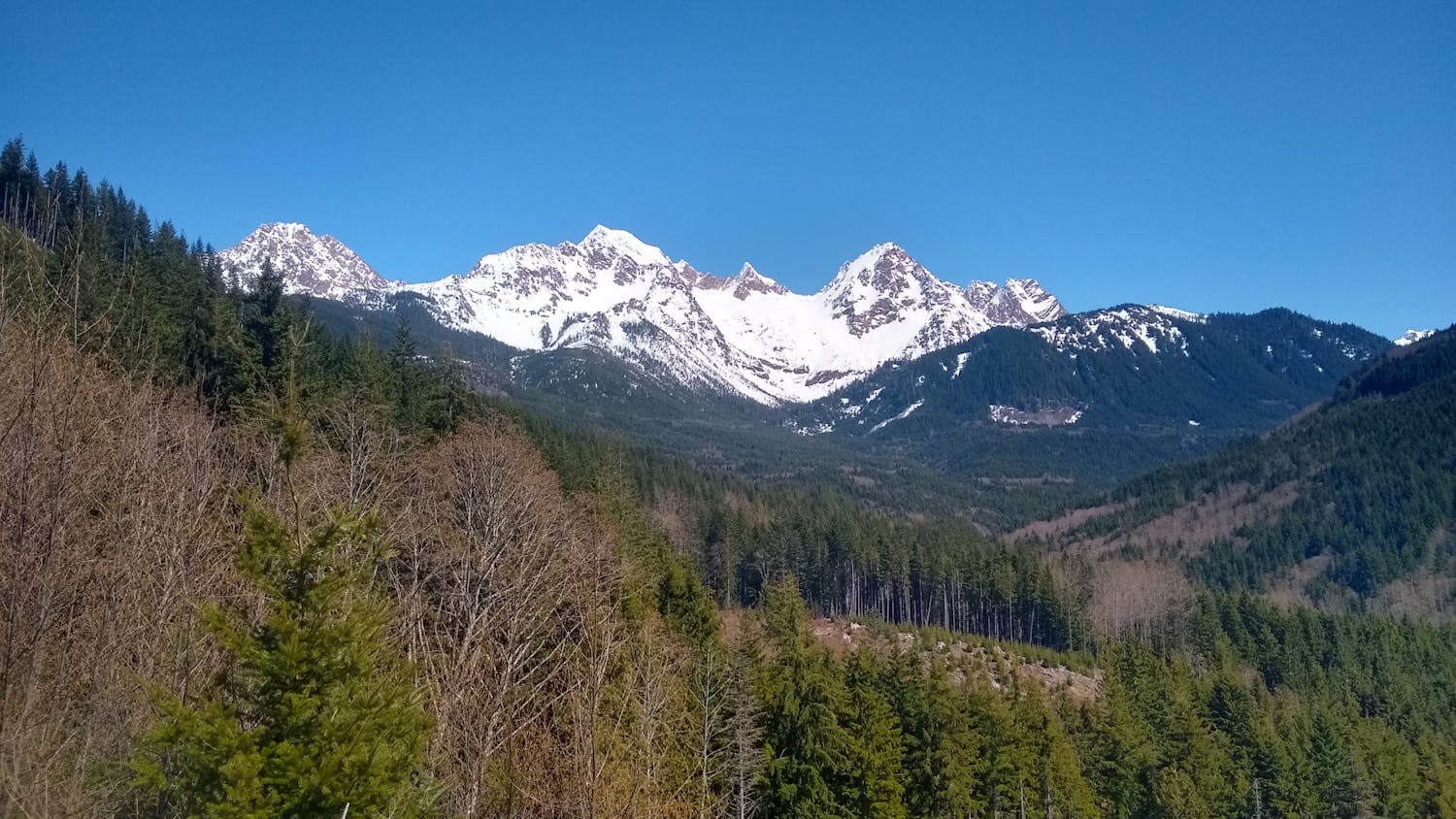Sustainability leaders and organizations on campus are planning to come together to reevaluate Western Washington University’s progress on the Sustainability Action Plan nearly four years after the document was created.
Western’s Sustainability Action Plan, which was adopted in 2017, is a 122-page document that details objectives meant to make Western a more sustainable campus. Some goals include increasing the enrollment of students in the Sustainability Studies minor to 50 people by 2022 and expanding partnerships with tribal institutions.
Though the SAP was a strong first step in understanding what Western still needs to accomplish to become a more sustainable institution, many of those involved in sustainable programs at the school feel there hasn’t been enough organization to ensure that these goals are being met.
Dora Vaughan, a housing facility assistant doing operational sustainability-focused work on campus, said she believes there needs to be more accountability when it comes to the SAP.
“There’s no metric as to if we are reaching those goals and objectives,” Vaughan said. “There’s actually firm set deadlines, but nobody’s following through with that.”
Vaughan’s housing facility assistant partner, Katrina Doerflinger, said that organization of the many different sustainability-focused programs at Western is what’s needed to tackle the SAP objectives.
“We really need a way to bring all the different people working on campus in sustainability fields together so that we can have a really centralized goal,” Doerflinger said.
Many sustainability leaders at Western have already begun brainstorming ways to bring these many different programs together this school year.
Lindsey MacDonald, the director of the Sustainability Engagement Institute, formerly the Office of Sustainability, said that one of their primary goals this year is to find a way to support the implementation of the SAP across campus.
“We’re working to develop an advisory council and figure out if there’s some structure that would bring the good disparate work together in a cohesive way,” MacDonald said.
One of the first steps the SEI is taking to organize sustainability programs on campus is holding a SAP community discussion event on Oct. 20, where faculty, students and staff will have a space to work together to move forward with the SAP.
MacDonald said she believes the Community Discussion will be a great place for students and staff to voice their opinions on the SAP and finally begin to collaborate so the objectives can be handled in an organized way.
“It would be awesome to have tons of students there, raising their voices around the things within the plan that really matter to students,” MacDonald said.
The Associated Students Vice President for Sustainability, Laura Wagner, is also working with the Student Ambassador of the SEI, Alyssa Tsukada, and the Director of the Environmental and Sustainability Programs, Jose Ortuzar, to get more students working together on sustainability.
They’re referring to this event as a “Sustainability Round Table” and the first meeting is planned for November.
The SEI also plans to work with the Sustainability Tracking Assessment and Rating System program in February 2022 to gain a better understanding of Western’s strengths and weaknesses as a sustainable institution. Western worked previously with STARS in 2013 and earned a score of 61.29, or a silver rating.
Sustainability leaders on campus believe that there is already a lot of good work being done, it just needs to be done together.
“A lot needs to happen to strengthen sustainability at WWU through a clear, written dedication to sustainable investment in our present and future,” Wagner said.
Katie McNabb (she/her) is a senior reporter for The Front this quarter. She’s a fourth-year double-majoring in English and journalism. Her past reporting has focused on science and the environment. In her free time, she enjoys reading, exploring Bellingham with friends and experimenting with plant-based cooking.
You can reach her at katiemcnabb.thefront@gmail.com


